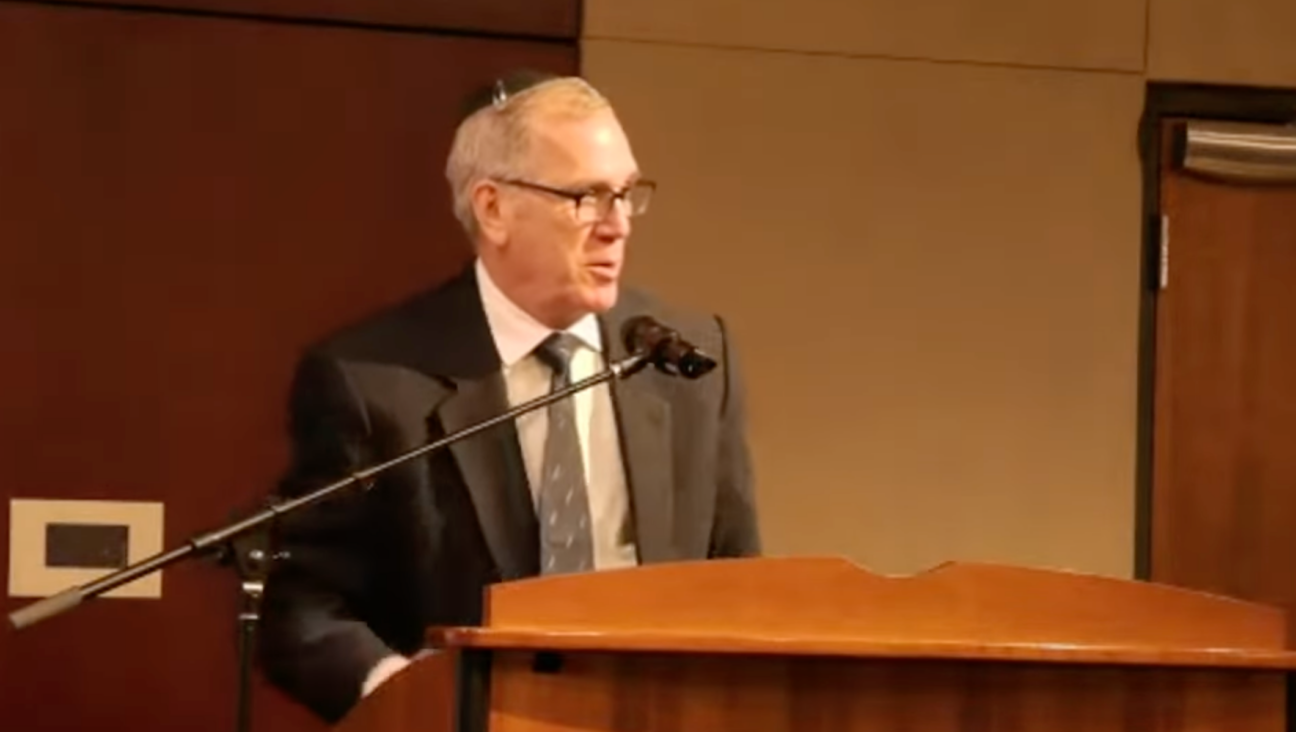‘Spectacular’ 300-Year-Old Jewish Ghetto Unearthed in Amsterdam
Dutch archaeologists unearthed what they said was the remnants of a Jewish 17th-century slum in the center of the Dutch capital.
The discovery of the slum on Valkenburger Street, north of the Portuguese Synagogue in the eastern part of the center of Amsterdam, was made earlier this month by a construction crew digging a foundation for a hotel and housing complex that are planned to be built on what used to be a slum.
“People who lived here were so poor that they had no infrastructure,” said Jerzy Gawronski, a municipal archaeologist whom the construction crew called upon after unearthing a matrix of narrow pathways, not broader than three feet across.
Bordering on the Jewish quarter of Amsterdam, the slum was inhabited by hundreds of people living in squalor and extremely crowded conditions, he told AT5, a local television station.
“There were 10 people living in each small housing unit, it was damp, there were no windows and not many people survived here.” The area in question was a shipping yard in 1594, but was used for housing the Jewish community’s poor after the shipyard moved elsewhere.
The discovery of the Jewish slum was documented in photos before being covered up again in preparation for construction on the relics. It is the first construction project performed there since the 1930s.
Gawronski also said he found a bath, possibly a mikvah, in the Jewish slum. He called the relics “a spectacular find.”
Amsterdam used to be a major Jewish hub following the immigration to it of thousands of Portuguese and Spanish Jews who were persecuted in their own country during the Inquisition period.
Most of the Netherlands’ 140,000 Jews lived in Amsterdam in 1940, when Nazi Germany invaded the kingdom. Approximately 75 percent of Dutch Jewry was murdered in the Holocaust. Currently, approximately 50,000 Jews live in the Netherlands, mostly in Amsterdam.













